Internet costs are not just expensive; our monthly bills are riddled with confusing fees, surcharges and service terms. Even with the help of the Federal Communications Commission, which mandated all internet providers use a standardized broadband “nutrition label” to display plan prices and terms, reading your monthly internet bill can be overwhelming.
We’re always looking for ways to help you save money, get a faster internet connection and learn about the confusing terms on your home internet bills. If you want to save some money long-term on your broadband service, you should consider investing in your own modem or router. The upfront cost of internet equipment may seem pricey, but you’ll find that you’re actually saving money by paying for everything at once: You can reduce your monthly internet bill by as much as $15 a month and save as much as $1,000 a year.
Internet providers have different fees and policies on equipment rentals. Some will allow you to lease the equipment for free, so you don’t have to worry about trimming that expense from your bill. Others don’t let you skip the rental, meaning that you must use the internet provider’s equipment even if you already have your own router. However, as long as your modem or router is compatible with the service, most internet providers will let you use your own.
If you have hesitations about the high upfront costs, know that plenty of decent modems cost less than $100. With the average cost of renting a modem from your provider sitting around $10 per month, a device like that would pay for itself in less than a year and then continue saving you money each month after that. In other cases, where providers will rent you a high-end gaming router or a decent mesh router for a modest monthly fee, doing so might be a pretty decent deal.
Let’s run through all of the top options from internet providers to see how their equipment policies compare and whether you’re in a position to save some money.
Equipment fee: No, for up to three years of service
Astound Broadband offers home internet service in several large metros across the country — including Austin, Chicago, Houston, New York and Seattle — and the modem and router rental are now included in your monthly fee for up to 36 months. After three years, Astound may charge for modem and router, which may cost as much as $20 a month.
You can still skip using Astound’s equipment and use your own — here’s Astound’s guideline for using your own equipment. It’s worth noting that Astound also offers “Enhanced Wi-Fi” in some regions, which gets you a fancier router for an additional $5 per month. In some regions, Enhanced Wi-Fi means that you get the Eero Pro 6 mesh router, which is excellent, but in others, it’s just the standard Eero 6 router, which wasn’t nearly as strong a performer in our tests.
Customers can also rent the Netgear Nighthawk XR1000 Wi-Fi 6 gaming router for $13 per month, which isn’t a bad deal at all, given that it usually costs around $300.
Read our Astound Broadband review.
Equipment fee: No
This is significant because AT&T used to charge $10 monthly for its equipment. The company required the use of its combination modem-and-router gateway device and didn’t allow customers to use their own modem. That meant that you couldn’t skip the $10 monthly additional fee. In 2022, AT&T scrapped its equipment fee for all internet plans, so customers need not worry about that additional amount getting tacked onto their monthly bill.
Read our AT&T home internet review.
Equipment fee: Yes ($15 per month for modem/router gateway device rental)
Can you skip it? Yes
CenturyLink charges $15 monthly to rent a gateway that combines a modem and a router into one device. If you sign up for DSL with CenturyLink, that gateway will be one of three models: the Greenwave C4000, the Zyxel C4000LZ or the Zyxel C3000Z. If you have a fiber plan with Quantum Fiber, your equipment is included at no extra cost for an “initial period,” however long that may be. You can skip that $15 fee by using a gateway or modem of your own, but CenturyLink cautions customers not to use anything that isn’t on its list of approved devices.
You can also opt to buy CenturyLink equipment upfront, for $200 plus tax, an investment that would pay for itself after a year and one month of service.
“CenturyLink highly recommends using one of our certified or recommended Wi-Fi modems (gateways), which have been tested and approved to work optimally with our high-speed internet technology,” the company’s website reads. “Retired and third-party devices are more likely to cause performance issues and may not connect to your internet service correctly.”
Remember, if you’re replacing CenturyLink’s gateway with a standard modem, then you’ll also need to find a good router to go with it.
Read our CenturyLink home internet review.
Equipment fee: Yes ($15 per month for modem/router gateway device rental)
Can you skip it? Yes
Cox charges customers $15 per month to rent its Panoramic Wifi gateway, which combines a modem and router into a single device. All subscribers to Cox plans will receive a DOCSIS 3.1 device that supports either Wi-Fi 5, Wi-Fi 6 and Wi-Fi 6E depending on the speed tier. You can also purchase Panoramic Wi-Fi Pods if you want to extend your Wi-Fi coverage, but Cox doesn’t allow customers to rent the pods: you have to buy them upfront for $130 each, a cost we don’t recommend undertaking. You can find a better-priced Wi-Fi extender for as low as $15 to $20.
Either way, you can skip that additional monthly equipment rental fee by using a modem and router, or gateway, of your own — just be sure to pick from the lengthy list of Cox-approved modems and gateways.
Read our Cox home internet review.
Equipment fee: No
Frontier Fiber includes equipment rental fees with the monthly cost, which is already lower than most. The router Frontier offers is the Amazon eero Wi-Fi router, eero Pro 6, eero Pro 6E or eero Max 7 depending on the plan you choose. In some cases, Frontier offers the TP-Link Archer AXE 300, a Wi-Fi 6E router.
For an additional $10 a month, you can add Whole Home Wi-Fi with up to two mesh Wi-Fi extenders for better coverage.
Read our Frontier home internet review.
Equipment fee: No
Google Fiber customers receive a modem and a mesh router with up to two additional extenders at no additional cost. If you subscribe to Google Fiber’s fastest plan, with download speeds of up to 8Gbps, then you’ll get a faster, multi-gig router to go with it, complete with support for Wi-Fi 6E.
Read our Google Fiber home internet review.
Equipment fee: Yes ($15 per month for modem/router gateway device rental)
Can you skip it? No
Hughesnet provides satellite internet service to all 50 states. That’s the good news. The not-so-good news is that satellite internet features pretty pricey equipment costs. Customers must rent Hughesnet’s equipment to the tune of $15 per month or $20 per month if opting for Hughesnet’s Fusion plan which combines satellite internet with low-latency fixed wireless internet. There are no options to skip those monthly fees. The only alternative provided is to buy the equipment upfront for $400 ($550 with the Fusion plan).
That’s a tough pill to swallow. Paying that much right out of the gate is not appealing. Once you consider that Hughesnet requires a two-year contract (and canceling early will activate an early termination fee), you may find that the upfront cost will save you money if you foresee staying with Hughesnet beyond your initial term.
Equipment fee: Yes ($11 for modem/router gateway device rental)
Can you skip it? Yes
Kinetic is Windstream’s home internet service, and the equipment rental fees cost $11 a month. Paying that fee gets you a combination modem-and-router gateway device, but you can skip the fee outright if you use your own modem and router hardware.
The company has different hardware requirements for different customers based on the specific nature of the connection (some DSL subscribers use ADSL technology, while others use VDSL, for instance). Be sure to ask Windstream for some guidance specific to your home’s connection before you make a purchase — the customer service number is 800-347-1991.
Read our Kinetic by Windstream home internet review.
Equipment fees: Yes ($14 per month for modem/router gateway device)
Can you skip them? Yes
Mediacom is a midsize cable internet provider, and customers need to pay $14 per month to rent a cable modem/router gateway from the company. You can skip that fee by using your own, but it’ll need to be at least a DOCSIS 3.1 model plus a compatible router. Here’s the full list of approved hardware (PDF).
The WiFi360pro which comes with two eero Wi-Fi units (and eero secure services) is included for one year of service. It supports up to 1Gbps and supports Wi-Fi 6. Mediacom also offers eero Wi-Fi extenders for $5 a month.
Read our Mediacom home internet review.
Equipment fees: No
Metronet is a 100% fiber-optic internet provider in the Midwest that covers Indiana and 15 other states nationwide. Like fellow fiber providers like AT&T and Google Fiber, Metronet doesn’t charge customers to use its router. It does charge $10 per month if you want to add WholeHome Wi-Fi, but that is an optional, not required, cost.
Equipment fee: No
Optimum offers both hybrid fiber and cable connections and 100% fiber hookups. The company provides customers with its Altice Gateway, which serves as your home’s modem and router. Your exact model depends on your specific plan and whether your home’s connection uses cable or fiber.
“Optimum internet customers using service delivered via our HFC network are able to use their own equipment,” an Altice spokesperson tells CNET. “Optimum Fiber service is currently only delivered via the Optimum-provided Gateway, which is designed specifically to work with our fiber network.”
Read our Optimum home internet review.
Equipment fee: Yes
Rise Broadband is a provider of fixed wireless home internet connections throughout much of the middle of the country, in a lot of rural areas. The ISP covers the cost of the equipment rental fee in select areas (including the modem and antenna that receives the over-the-air signal), but many will have to pay $10 just for the receiver, then an additional $15 to rent a router. The router rental is optional, the receiver lease is not.
Read our Rise Broadband home internet review.
Equipment fee: Yes ($13 per month for modem)
Can you skip it? Yes
Sparklight charges customers $13 per month for its cable modem. For an additional access point, Sparklight charges an extra $8 monthly. You can also rent the eero Pro 6E for $13 a month for improved speeds.
If you want to skip the monthly charge, Sparklight requires you to use a DOCSIS 3.1 cable modem device. If you choose to go that route to save on the added monthly fee, here’s a list of Sparklight recommended modems.
Read our Sparklight home internet review.
Equipment fee: Yes ($10 per month for router rental, modem provided free of charge)
Can you skip it? Yes
Spectrum includes a free modem with all of its home internet plans, but if you don’t have a router, you’ll need to rent one for $10 per month.
To avoid that monthly fee, you’ll need to use your own router. However, your equipment won’t be eligible for Spectrum technical support if it malfunctions. You can also use your own modem, but make sure to use a Spectrum-supported model.
Read our Spectrum home internet review.
Equipment fee: Yes ($299-$599 one-time purchase)
Can you skip it? No
Starlink, Elon Musk’s internet service, aims to disrupt the satellite internet category by providing faster speeds and lower latency than offered by rivals Hughesnet and Viasat. What Starlink shares with those companies is a stark equipment fee. Instead of an additional monthly charge for your equipment, Starlink requires that you pay for the equipment upfront. That means a payout of $299 to $499 for standard service.
Equipment fee: No
Starry Internet is a fixed wireless internet provider mostly focused on larger cities, including Boston, Denver, Los Angeles and New York City. Starry optimizes its technology for urban areas, and that customized equipment is included in the price. There’s no additional charge beyond your monthly rate.
Read our Starry Internet review.
Equipment fee: No
T-Mobile offers 5G home internet service, and you’ll need a 5G modem capable of receiving that wireless signal to connect. Fortunately, T-Mobile takes care of that for you with a 5G modem/router gateway provided free of charge. It’s a gray cylinder, and it’s all you need after subscribing to get online.
If you have a router of your own that you like, you can plug it into T-Mobile’s gateway and use it to put out your home’s Wi-Fi signal instead. That might be worth doing if you’d like to set up a mesh network in your home, but with fast top speeds and support for Wi-Fi 6, T-Mobile’s gateway is probably enough for anyone outside of that.
You can upgrade to T-Mobile’s Home Internet Plus plan for an additional $20 a month for a mesh Wi-Fi Access Point for extended coverage, plus 24/7 tech support.
Read our T-Mobile 5G home internet review.
Equipment fee: No
Verizon offers three separate home internet services: Verizon Fios, Verizon 5G Home Internet and Verizon LTE (4G). Each service is a bit different, but one thing they all have in common is that your equipment rental is included in the price.
Read our Verizon home internet review.
Equipment fee: Yes ($15 per month for modem/router)
Can you skip it? No
Viasat charges the same cost for monthly equipment as rival HughesNet and its monthly equipment charge is still inescapable. You could get a slight discount on that monthly price by choosing to pay for the equipment with a one-time purchase of $300, but there are no significant savings to be had there unless you hold on to your Viasat service beyond the initial two-year contract.
Read our Viasat internet review.
Equipment fee: No
WideOpenWest — or WOW, as the company enjoys branding itself — includes the modem cost in your monthly fee but you can still buy your own WOW-approved modem. Separately, customers can pay $10 per month to rent an Eero 6 router. You can skip that fee if you already have a router that you’re happy with.
Ten dollars per month isn’t a bad price to try out a mesh system in your home, but that older version of Eero sells in a two-pack for $189, and you can often find it on sale. If you plan on using that router for longer than a year and a half or so, it’s probably better to buy one of your own.
Read our WOW home internet review.
Equipment fee: Yes ($15 per month for modem/router gateway device rental)
Can you skip it? Yes
Xfinity offers customers the option of renting the xFi Gateway, which combines a modem and a router into a single device, at $15 per month in select locations. In others, and with select plans, equipment is included at no extra cost. If you have a fee, you can skip the monthly charge by using your own modem and router.
Pretty much any router will work, but you must ensure the modem is a DOCSIS 3.1 model. The Xfinity website has a full list of supported modems.
Additionally, Xfinity offers xFi Complete, an in-home WiFi option for $15 to $25 extra a month, depending on where you live. The xFi Complete package comes with unlimited data (a nice perk since Xfinity enforces data caps on most plans), a WiFi Boost Pod for extended coverage throughout the home and the ability to manage the security of your network through various controls.
Read our Xfinity home internet review.
Equipment fee: Yes ($12 monthly router fee)
Can you skip it? Yes
Ziply Fiber features an optimized Wi-Fi 6 router for all fiber plans. Its Whole Home Wi-Fi service costs $17 a month and includes customized Wi-Fi installation and up to three Wi-Fi extenders along with a router rental.
You can also skip that additional monthly fee by using your own router, but to paraphrase an FAQ on Ziply’s website, it recommends you use the Ziply Fiber router “for the best fiber internet experience.”










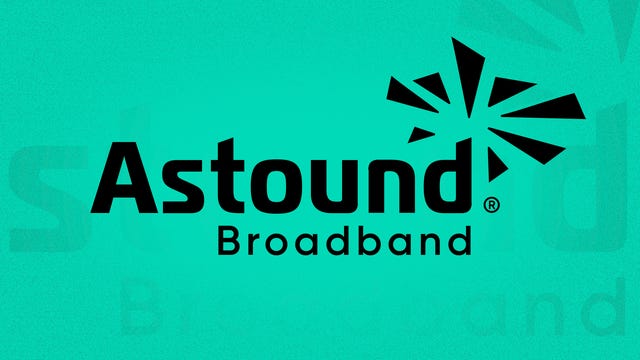


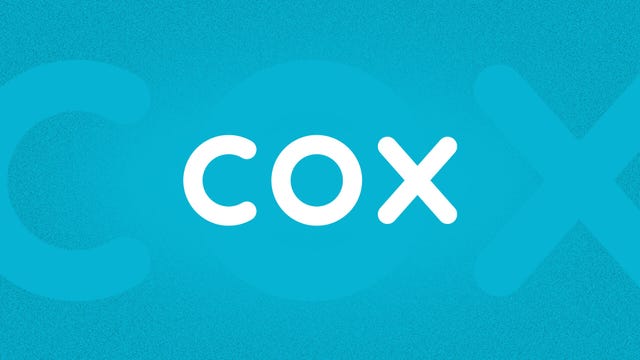
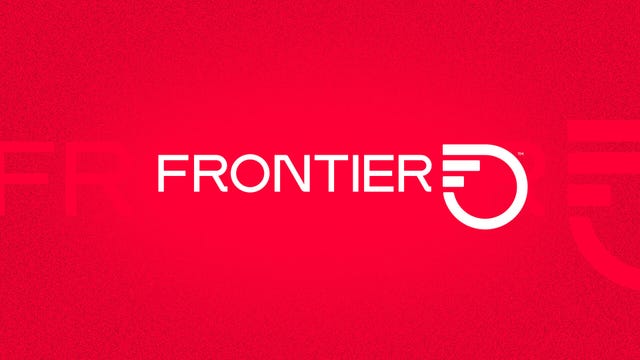


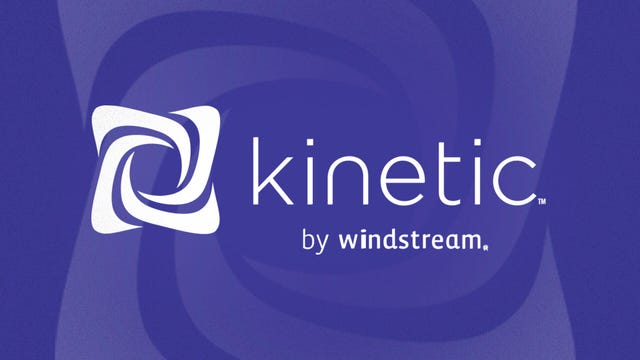





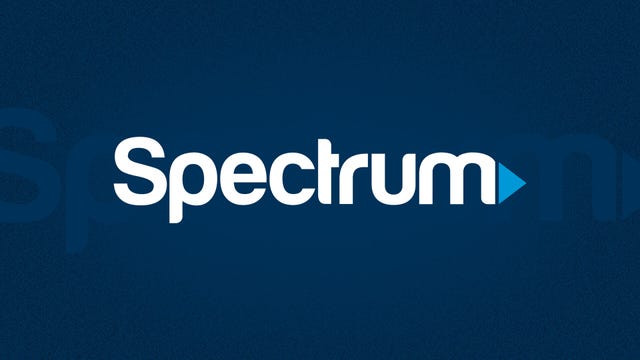
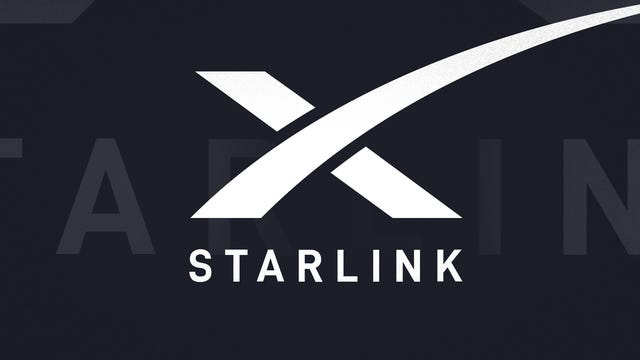

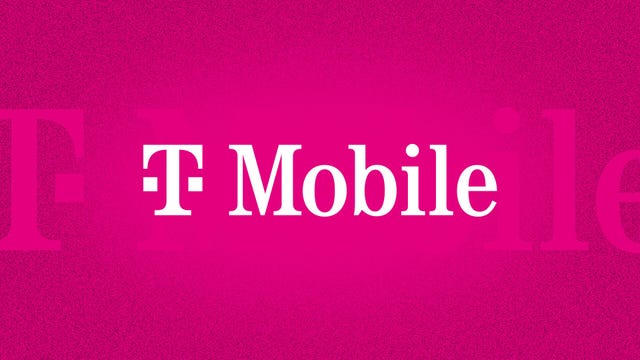
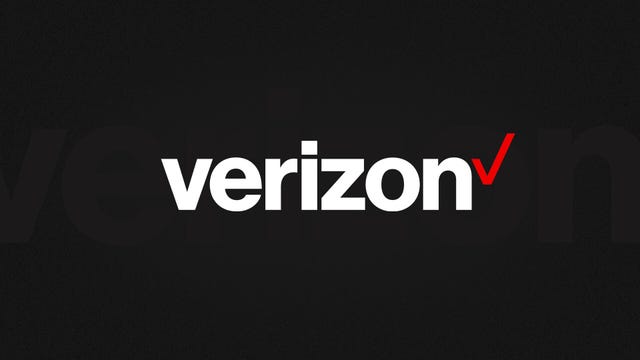


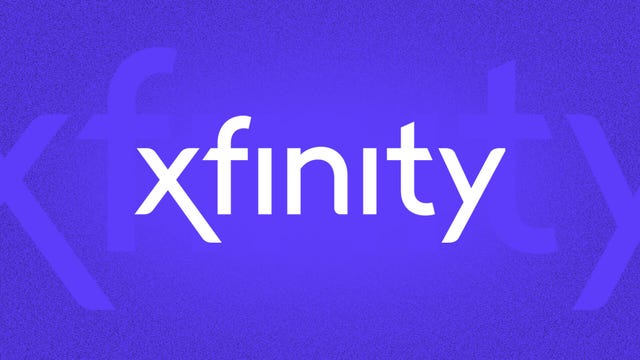











+ There are no comments
Add yours